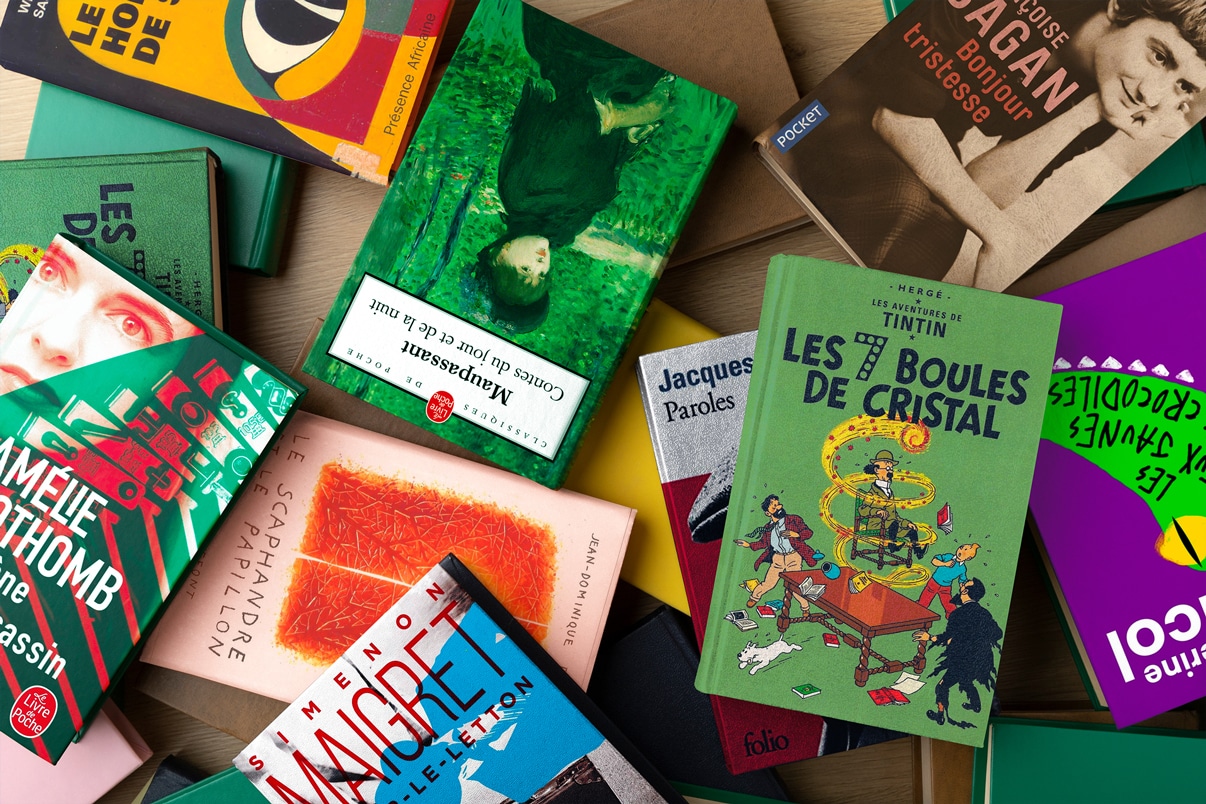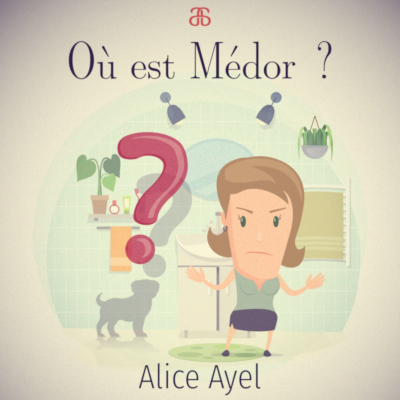Coucou les French learners,
This weekend, Cristiane asked me for book recommendations for French learners at the intermediate level.
This is a fantastic question, as finding the right reading material can be a real challenge when you’re past the beginner stage but not quite ready for full-fledged French literature.
But first, what exactly does it mean to be an “intermediate” French learner? At this level, you’ve likely mastered the basics of grammar and vocabulary. You can understand the gist of conversations and simple texts, and you can communicate your thoughts and needs in French, with some errors.
However, you may still struggle with more complex sentence structures, idiomatic expressions, and nuanced vocabulary. Reading authentic French novels or newspapers can still feel daunting.
 That’s where my reading recommendations come in! #startreading #jelisdoncjesuis
That’s where my reading recommendations come in! #startreading #jelisdoncjesuis
Let’s start with French readers!
French readers are books that have been specifically written for language learners like yourself.
French readers use more limited and common vocabulary, allowing you to focus on understanding and acquiring words and structures without being overwhelmed by complex terms.
The grammar in French readers is adapted to the needs of learners. Grammatical structures are simpler and more regular, thus facilitating the understanding of sentences.
French readers are a great way to build your reading comprehension and confidence. Reading them is motivating as the stories are often fun and engaging.

Read and listen to Où est Médor? Click here!
This reader is written in the present tense with unique characters and exciting twists to keep you wanting more!
Use audio to listen to texts read aloud. Listening while you read along is incredibly helpful for improving your comprehension.
You have access to a selection of French audiobooks on our website. These are read aloud by me, using a clear, natural pace and pronunciation.
Move on to short stories!
Short stories are another excellent option for intermediate French learners. They offer complete narratives in a more manageable format than full-length novels.
Short stories are less daunting for intermediate learners who may still struggle with longer, more complex texts. The shorter format allows you to complete a whole story in one sitting, giving you a sense of accomplishment.
Short stories generally have simpler plots, fewer characters, and less complex themes than novels. This reduced complexity matches the intermediate learner’s level better. You can focus on understanding the overall narrative without getting bogged down in intricate details.
 Read and listen to a fun very short story.
Read and listen to a fun very short story.
Watch the video FOR FREE to understand the story better. Click here!
Here are my short stories suggestions:
- Les Histoires pressées by Bernard Friot are a great read because they are very short stories from one to five pages and they are fun to read. These are stories of all kinds and all forms, short and hurried stories, long and calm, in verse and in prose, dramatic or absurd.
- Le Horla et autres nouvelles fantastiques by Guy de Maupassant is a classic so it may be more challenging to understand. Confrontation with the invisible, magnetic experiences, hallucinations: in these short stories, the realistic framework is constantly disrupted by the eruption of the supernatural and madness.
- Je voudrais que quelqu’un m’attende quelque part by Anna Galvada is about today’s western life. The characters in these twelve short stories are full of futile hopes, or grave despair. They do not seek to change the world. Whatever happens to them, they have nothing to prove. They are not heroic. Simply human.
Short stories strike the right balance of length, complexity, and content. They build comprehension, vocabulary, and confidence, all crucial stepping stones towards tackling more advanced French literature.
Explore French novels
Finally, as you progress, you can start exploring novels written for young native French readers. These books use more advanced language than readers, but are still simpler than adult literature. They’re a great bridge to eventually tackling classic French novels and poetry.
Here are my suggestions:
- L’oeil du loup by Daniel Pennacis a wonderful dialogue of a child and a wolf with extraordinary destinies. In a zoo, a child and an old one-eyed wolf stare at each other, eye to eye.
- La balafre by Jean-Claude Mourlevatis about a teenager today who relives a drama that occurred in 1941. Olivier, 13 years old, and his parents have settled for a year in a remote hamlet in the Marne region. One evening, the teenager is terrified by the dog of the neighboring house that throws itself on the gate with a terrifying rage.
- Le Grand Meaulnes by Alain Fournier is another French classic. Towards the end of the 19th century, on a cold November Sunday, a fifteen-year-old boy, François Seurel, who lives with his teacher parents in the village school, is awaiting the arrival of Augustin, whom his mother has decided to board here so that he can attend the upper class. The arrival of the great Meaulnes in the village will disrupt the ending childhood of François.
The key is to choose materials that challenge you just enough, without feeling overwhelming.
Happy French reading!
Join us and gain
CLARITY: progress step by step through stages and make French become clear to you. Understand French with ease.
COMMUNITY: meet weekly and keep yourself accountable through the most caring and invested community. Think French naturally.
TRANSFORMATION: feel empowered. Be fluent in French. Transform yourself and get a new soul. Speak French freely.